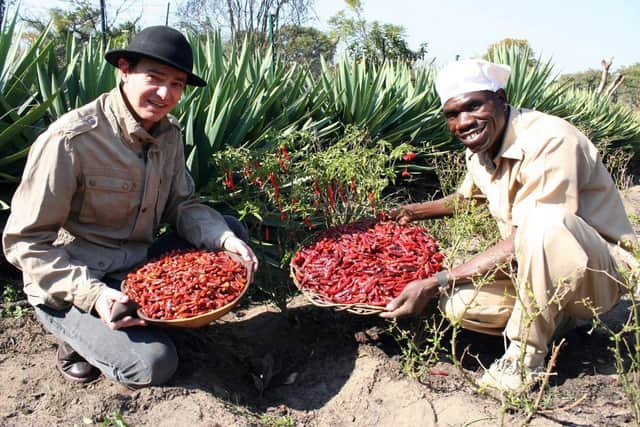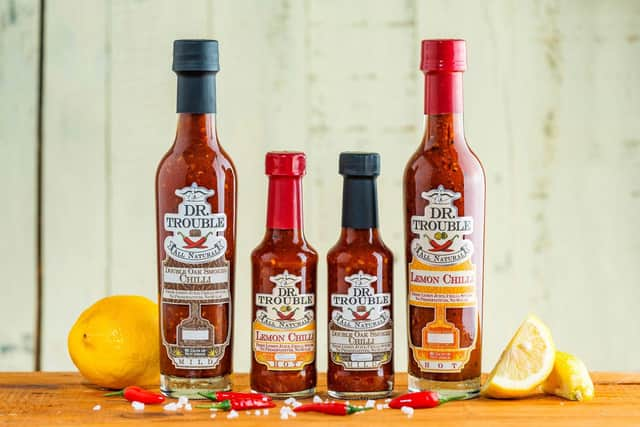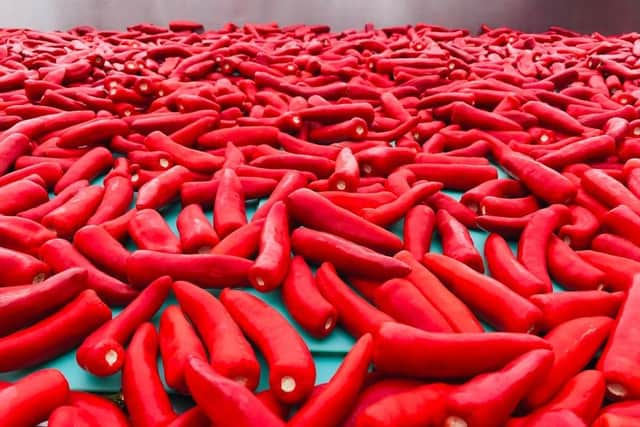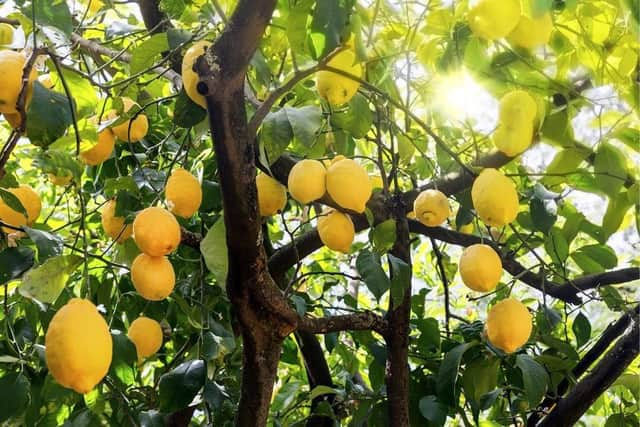Belfast for Africa leader and his The Dr Trouble range
and live on Freeview channel 276
Spicy sauces straight out of Africa are now on sale in dozens of delicatessens and independent grocers here from a decision to locate a distribution operation for Europe in Belfast.
The Dr Trouble range of natural cooking and seasoning sauces are produced on a farm in Northern Zimbabwe by owner and founder Robert Fletcher and are being marketed widely here by Albert Oberholzer, a business colleague who recently moved to Belfast with his wife and young family from Africa.
Advertisement
Hide AdAdvertisement
Hide AdAlbert has been travelling from Zimbabwe to Belfast for over 20 years and has family here. He has vast experience in marketing and selling consumer goods in southern Africa, Zimbabwe, Botswana, Zambia and South Africa.


Dr Trouble stock is being held in Belfast for distribution to the EU and other markets. The company, in addition, is exploring opportunities for manufacturing links in Northern Ireland. The uniquely flavoured sauces have already won acclaim in Africa and other parts of the world and are now being marketed internationally and especially in key markets such as the UK, US and parts of Europe. The company has already set up a distribution network many markets.
The sauces, Robert explains, are made from 100% natural ingredients and are the only ones on the market today featuring pure lemon juice and
without vinegar.
“We source ingredients locally in Zimbabwe, growing the chillies on our farm and buying wild lemons from the rural community,” Robert explains. “Every village has a few lemon trees, and the lemons mostly go to waste as they are used very sparingly by the indigenous community. So, we buy the excess which are delivered mostly by ox drawn wagon. The lemons are organic although impossible to certify - only orchards can be certified and not single trees. Community involvement is important to us, and the sauce brings vitally important cash into a very marginalised rural area.”


Advertisement
Hide AdAdvertisement
Hide AdHe’s one of the few surviving farmers in the area after the land reforms of former President Robert Mugabe.
“I had 47 neighbours once but today there are only three of us,” he continues. “Our farm is 1,600 acres in northern Zimbabwe - just next to the Zambezi Escarpment. It’s a wild and beautiful part of Africa. I grow tobacco and chillies and manage our game conservancy which makes up half the farm. The family arrived here in 1892 from Scotland, and my great grandfather, Robert Alexander Fletcher, worked closely with Cecil Rhodes as a surveyor and cartographer - he drew the first maps of the region. He used to travel on his own into the wilds for months at a time doing his work, taking few provisions, salt and a rifle.”
The original recipe for the sauce was discovered by Robert about 20 years ago in the back of a diary dating from 1895. Robert and his late father subsequently made the original sauce for family and friends.
“They began asking for bottles and each year we made a bit more,” he continues.


Advertisement
Hide AdAdvertisement
Hide AdThe link with his late father continues to this day with his signature part of the striking label design on the front of each bottle.
The sauce was then launched locally in Zimbabwe and proved so popular that the family decided to export it.
“We invested in a state-of-the-art production unit on the farm, built to EU specifications, the first of its kind in the country. We don’t try to make the hottest sauce in the world, the idea is that a condiment should enhance a meal, rather than overpower it,” he adds.
Depending on the recipe, the chilli is either roasted over flames or hot smoked over English oak chips.


Advertisement
Hide AdAdvertisement
Hide Ad“We don’t use flavourings, chemicals, stabilisers, sugar or artificial preservatives in the sauces,” Robert explains. “The sauces are also free from gluten, nuts, eggs, lactose and suitable for both vegans and vegetarians. They are, in addition, fully tested for allergens. We use the finest home grown chilli, a blend of African Birds Eye and cayenne pepper. The chilli is hot-smoked over rare English oak chips, and allowed to cool, and then smoked for a second time, producing the sweet smoky overtones that have made our sauces so popular.”
The chilli, lemon juice and spices are poured into 30 litre blown glass flagons, then placed in the hot African sun for up to 60 days.
There are currently two flagship flavours available here - Double Oak Smoked and Lemon Chilli. A new flavour - BBQ Royale – is on the way and available in hot and mil varieties. The sauces are already selling well in South Africa, the United Arab Emirates and Singapore. Sales are also growing in the UK, US and EU
In the pipeline is a Dr Trouble mayo, Troublenaise, which Robert promises will be “a tangy, piquant, slightly smoky mayo”.